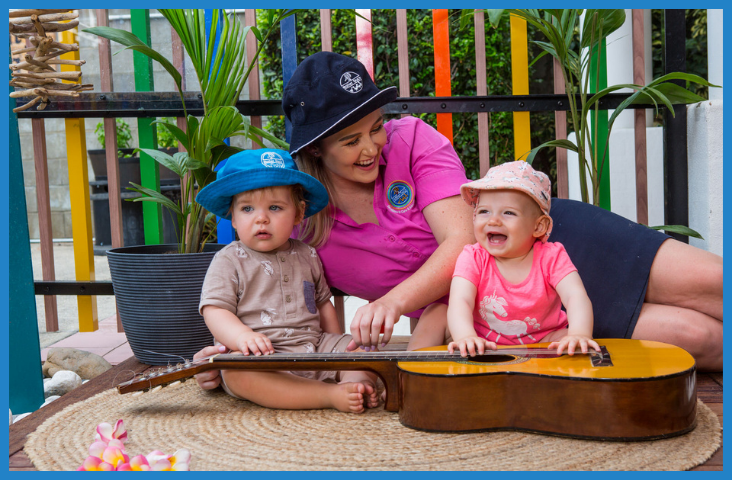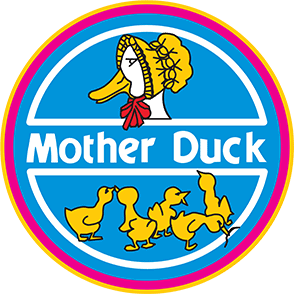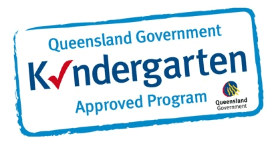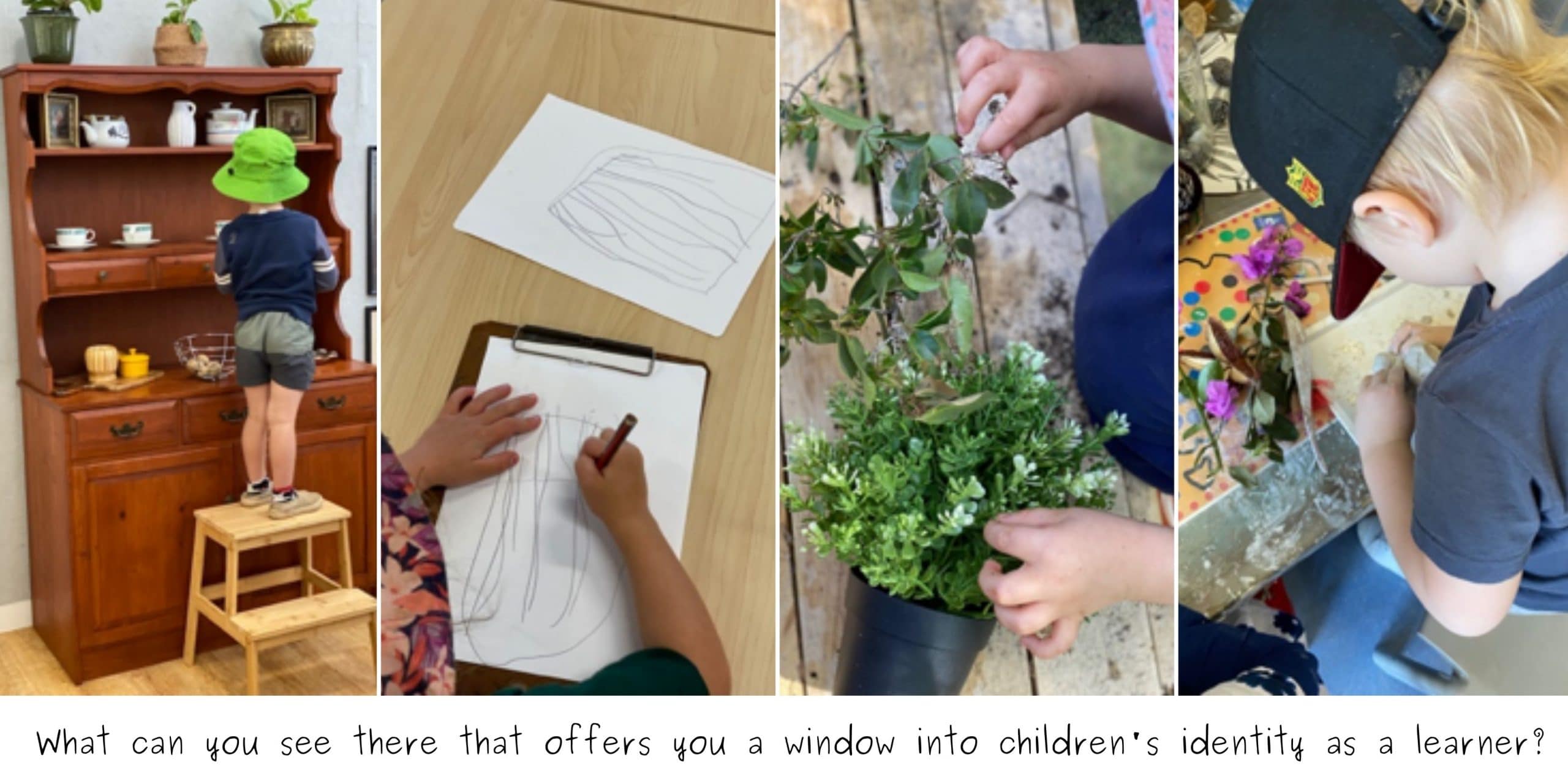
Building A Strong Sense Of Identity At Mother Duck
In my last blog What is an Educational Leader? I mentioned that Australian early childhood professionals were offered the sector’s first National Quality Framework (NQF) in 2012. This framework offers guidance for working with children in early childhood centres, out of school hours care and family day care. Within the NQF sits the Early Years Learning Framework, which sets out five outcomes for children birth to school age. Today I will focus on Outcome 1: Children have strong sense of identity, in the context of teaching and learning at Mother Duck.
The Early Years Learning Framework explains Outcome 1 as:
- Children feel safe, secure, and supported
- Children develop their emerging autonomy, inter-dependence, resilience and sense of agency
- Children develop knowledgeable and confident self-identities
- Children learn to interact in relation to others with care, empathy and respect (EYLF, 2012, p.21)
Relationships are the foundations for the construction of identity – ‘who am I’, ‘how do I belong’ and ‘what is my influence?’ (p.20)
What does Mother Duck do differently?
At Mother Duck we always adhere to the regulatory requirements that have been outlined in the NQF – however, we do strive to go above and beyond these requirements in terms of the quality of experiences for children, families and our educating teams.
We recognise that most members of a society have the ability to respond to different contexts: home, work and social recreation. Each morning, as educators at Mother Duck, we put on our uniform, our name badge, and our scarves, which are the physical indicators of our membership of the Mother Duck community. This outwardly attaches us to our identity as a member of a teaching and learning team, and many of us mentally also prepare ourselves for the day ahead with and alongside other educators and children. Our question has been, how do we support children to make a similar transition of identity?
Focusing on children’s sense of identity, our educators begin by celebrating that, as each child is welcomed into one of our centres, they bring to us the gift of a strong sense of who they are within their family. This identity is formed from birth, as they interact – and form intimate relationships – with parents, siblings, grandparents and other extended family members. We therefore acknowledge the foundation that a family community offers children and its role in helping children feel safe, secure and supported as they enter our early childhood settings.
Our responsibility at Mother Duck is then to encourage children to develop a sense of who they are, a sense of who they can be and, a sense of satisfaction in the contribution they can make to their own and others’ learning when they are with us. Adjusting to being a part of a learning community, along with many other children from infants through to five, is a huge task for many children. These settings are so different from being at home with your primary carers, a sleep over with cousins, or a day with nan and pop. Finding out where you fit in these larger and busier environments becomes the foundation for learning and development in a more formal backdrop to your day. So, this is what we do …
Our Foyers
We have spent quite a bit of time considering what the foyers of our centres say to children as they enter. We strive to offer a welcome to children where they can see themselves as part of our learning communities, with spaces that engage them as soon as they arrive and where they can take some time to make the transition from being a member of a family community to a member of our learning communities.
Pause points
You may have noticed that our hallways and entries to our studios often have small experiences for a child and their family as they begin the transition into their studio. We call these ‘pause points’, which are spaces where children can stop to take a breath and ready themselves, if needed, for the day ahead. This recognises that many children take some time to change their identity from their family to our learning community and engaging in an experience at the centre with a family member helps the child feel safe and secure.
Morning meetings
In all studios, we begin the day with a morning meeting. Starting with an Acknowledgment of Country, we support children from our Infant studios through to our Kindergarten studios to become authors of their own learning. As the children become more familiar with this planning conversation, we invite children to ‘snap ideas’ with other children so that they may see themselves as collaborators and contributors to others’ learning as well as their own.
Self-regulation
Our focus at Mother Duck is to ensure children are able to recognise the signals their bodies give them around feelings such as being hungry, being tired or being overwhelmed. We strive to ensure that children are active participants in making decisions about their bodies and in developing positive strategies to address these feelings. We believe that with our ongoing encouragement and the beautiful real-world environments we curate, children are capable of developing an identity as competent members of our learning community – and in their broader life as social beings.
Daily practices
Our everyday practices with children are always enacted in such a way as to support children developing a strong sense of self through our daily rituals – such as wiping your face after lunch, applying sunscreen, self-serving your own meal, making your own bed for rest or resetting after play. These are important life skills for children and support independence, autonomy, mindfulness of others, responsibility, and perseverance as they learn to take care of themselves and others.
At Mother Duck, we prefer to support children’s identity as learners through each and every part of their daily life at our centres. We recognise that all children will follow different pathways to developing a sense of who they are, where they belong and what contribution they can make to their own and others’ learning. We believe that a strong sense of identity occurs when children develop relationships and understandings with people, spaces, materials, environments & contexts for learning, thinking, and connecting with the world around them.











